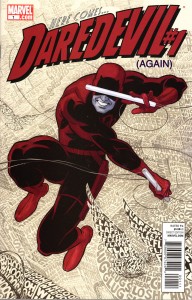 It’s not often I go on a rant, so it’s probably about time. The focus of said rant is Marvel Comics, who I’ve been interacting with as a consumer since the mid-1970s. I know things have changed a lot since then, I know that financially it’s harder to make a buck out of the industry, but I still think it’s possible to not treat longer-term readers with the disdain that’s currently occurring.
It’s not often I go on a rant, so it’s probably about time. The focus of said rant is Marvel Comics, who I’ve been interacting with as a consumer since the mid-1970s. I know things have changed a lot since then, I know that financially it’s harder to make a buck out of the industry, but I still think it’s possible to not treat longer-term readers with the disdain that’s currently occurring.
Specifically, I’m talking about the numbering of issues and constant re-booting of series. It’s not a recent issue by any stretch of the imagination, but it’s one that appears to be getting worse.
I’m a huge Daredevil fan – he’s the one mainstream character I’m (dismally) attempting to be a completionist with. Which means that aside from a significant number of mini-series and one-shots, there are three volumes of Daredevil starting with the 1964 Volume 1 series that ended with #380 in 1998. Volume 2 kicked off pretty much straight away and ran 119 issues until 2009. Then there was a break of more than a year with Volume 3 kicking off in 2011 and being very successful under the stewardship of Mark Waid.
Which is why I was little taken aback by the announcement that Volume 3 is finishing with issue #36. In fact, I was more than taken aback, I was pretty immediately angry. I was initially angry at the fact that the decision is nothing more than a highly cynical move to create another ‘first issue’ opportunity, potentially under the Marvel NOW! banner. Then after calming down a bit, I realised that DD’s upcoming 50th anniversary may be the reason for the change. My calm lasted only a few minutes when I thought about that: there’s a bunch of ways to celebrate a character’s anniversary without killing a series.
So that’s where I’d love your input: does this sort of stuff annoy you, amuse you or plain doesn’t concern you at all? Sure it’s a pretty longstanding gimmick, but it seems to be getting worse by the year.
Is there anything that can be done?
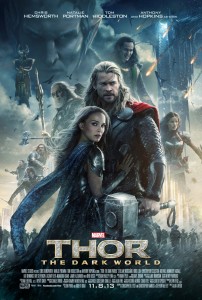
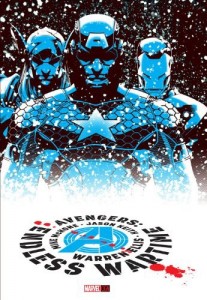
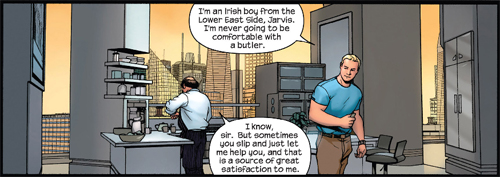
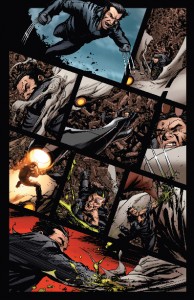
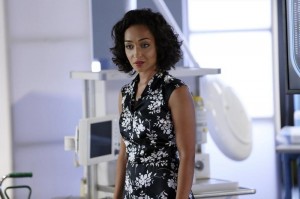
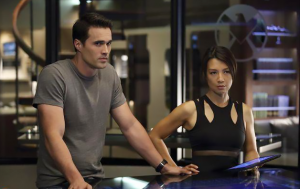
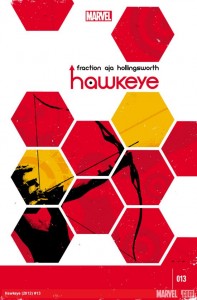
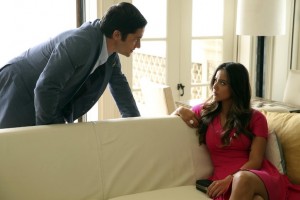
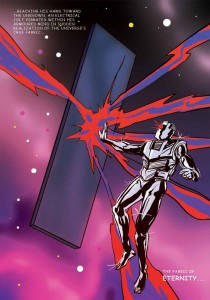
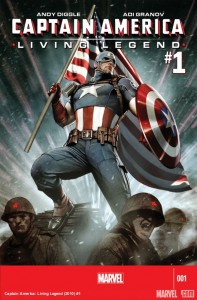
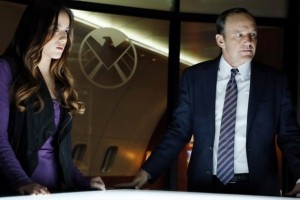
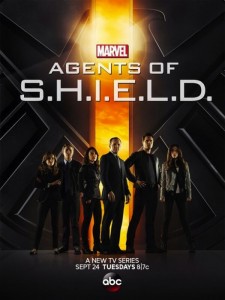
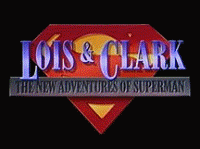

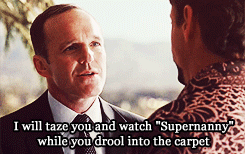
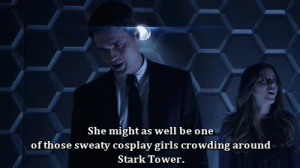
 RSS - Posts
RSS - Posts
Recent Comments